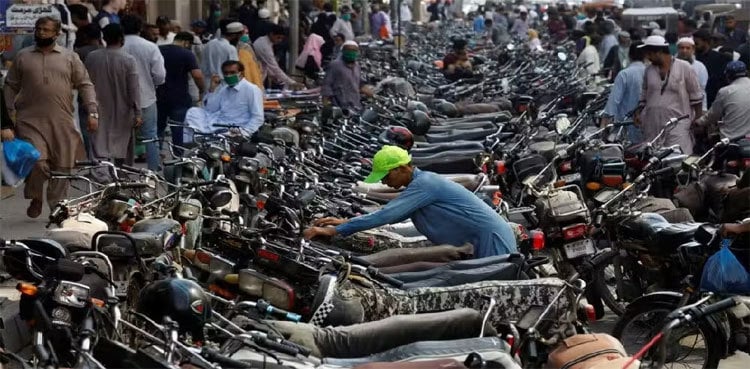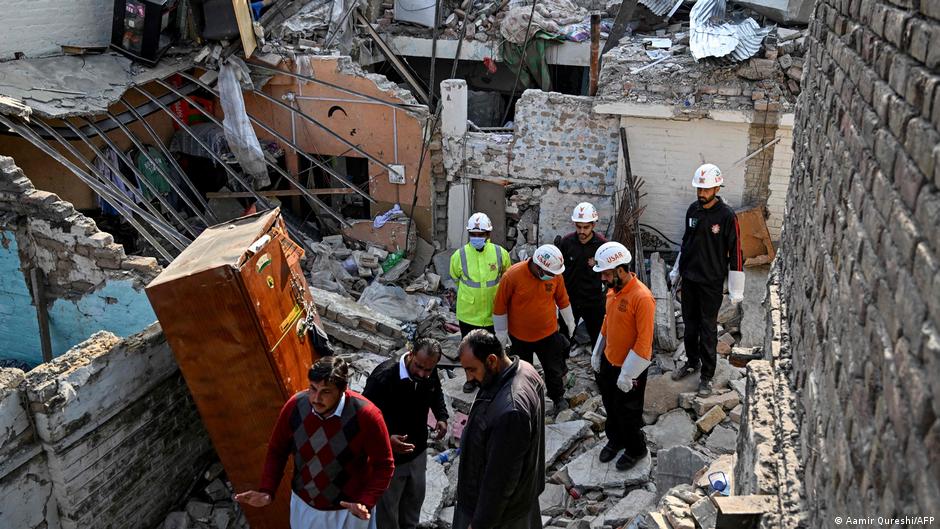KARACHI: During ongoing operation against illegal parking mafia in Saddar area, 12 more individuals have been arrested for extorting citizens under the guise of parking fees.
In the city’s central Saddar area, members of the so-called parking…

KARACHI: During ongoing operation against illegal parking mafia in Saddar area, 12 more individuals have been arrested for extorting citizens under the guise of parking fees.
In the city’s central Saddar area, members of the so-called parking…

Grok has allowed users to create sexualised images of people without their knowledge or consent.
Photo: Jonathan Raa / NurPhoto via AFP
New Zealand lags behind other countries in clamping down on fake images of naked women and…

‘Women are so much more confident… and they now have a lot more economic clout,’ says club founder
Solo travel is a rising trend. Photo: Getty
Solo travel — especially female solo travel — is on the rise. Women now account for the…

An explosion at a house following a wedding reception in Pakistan’s capital Islamabad has killed at least eight people, police said on Sunday.
Local authorities said that the blast, which is believed to have been caused by a gas leak, took…